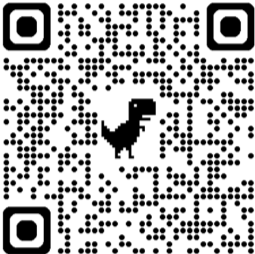Argumentative Writing Vocabulary
Practice and learn vocabulary for argumentative writing.
Create multiple-choice games on Wisc-Online and play them on our Chakalaka mobile app!
But that's not all! Explore educational games created by others. Simply search by category or enter agame code number and dive into a world of learning and fun.
Download the Chakalaka mobile app here:

Topics of this game:
- What means describing things in a fair and factual way. Free of personal opinion.
- What is a type of essay that presents arguments about both sides of an issue?
- What are you doing when you provide proof of why they are true, through direct evidence?
- To describe something positively because you like it, or negatively because you don't.
- The place from where you received information, like a text, video, graphic, etc.
- A position or statement on a topic, an opinion with which others might disagree.
- When something is appropriate, connected to, or related to the current topic.
- When ideas are written clearly and are easily understood by others.
- What the prompt asks you to write about, specifically.
- When it is clear how each idea connects to your argument.
- Your view or opinion on it, or the side with which you agree.
- The opposing side to an argument or position on an issue.
- The perspective from which the essay is written.
- The reasoning or support that is in direct opposition to a claim.
- The way someone views a topic, information, events, or other characters.
- What makes it believable, or the reasons why the reader should trust this source.
- Free from bias or emotions; it presents the facts about a topic.
- A statement of truth that confirms your ideas, like a statistic, fact, or quotation.
- An interesting statement about the topic made at the start of an essay.
User comments are currently unavailable. We apologize for the inconvenience and are working to restore this feature as soon as possible.

